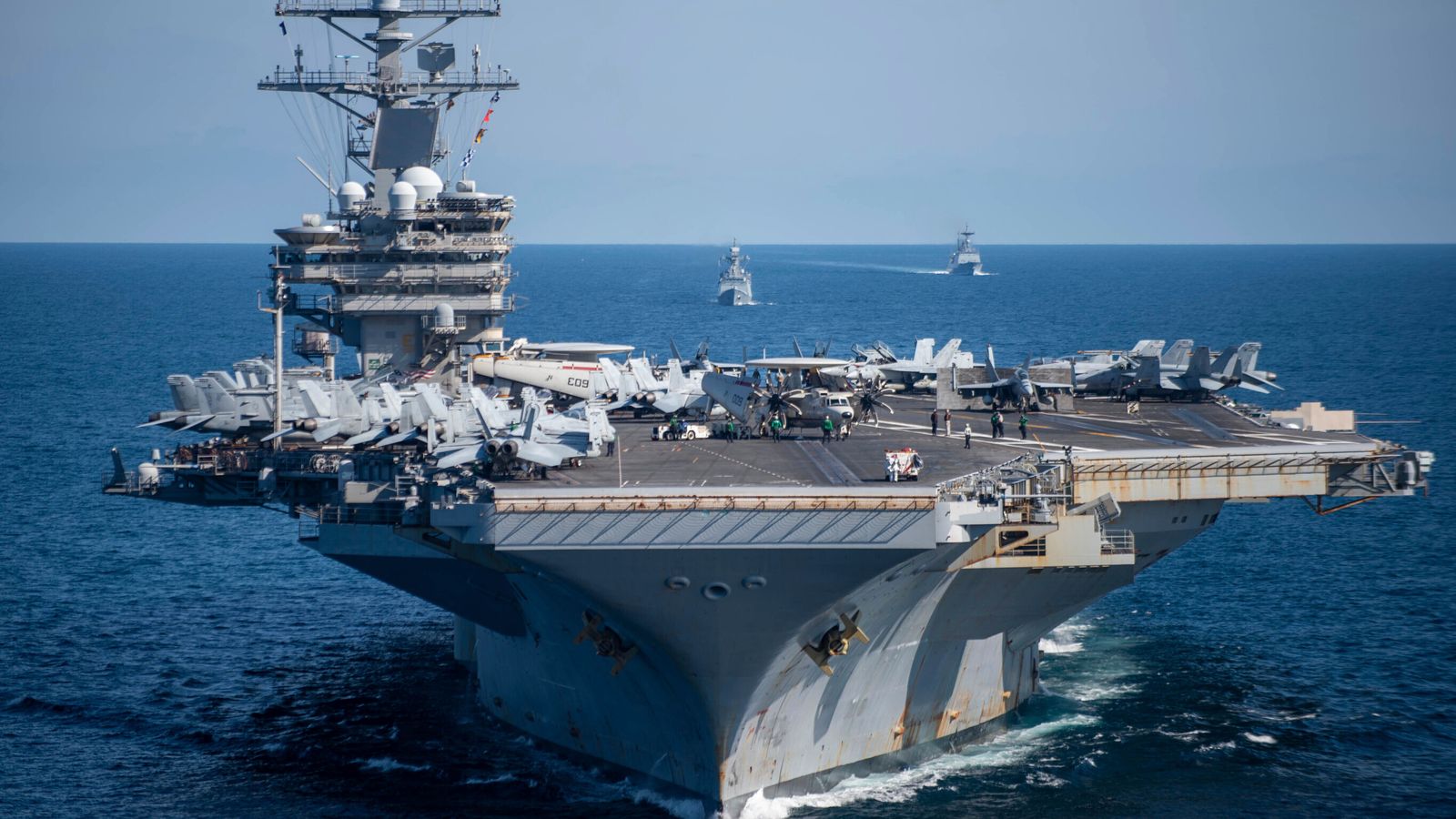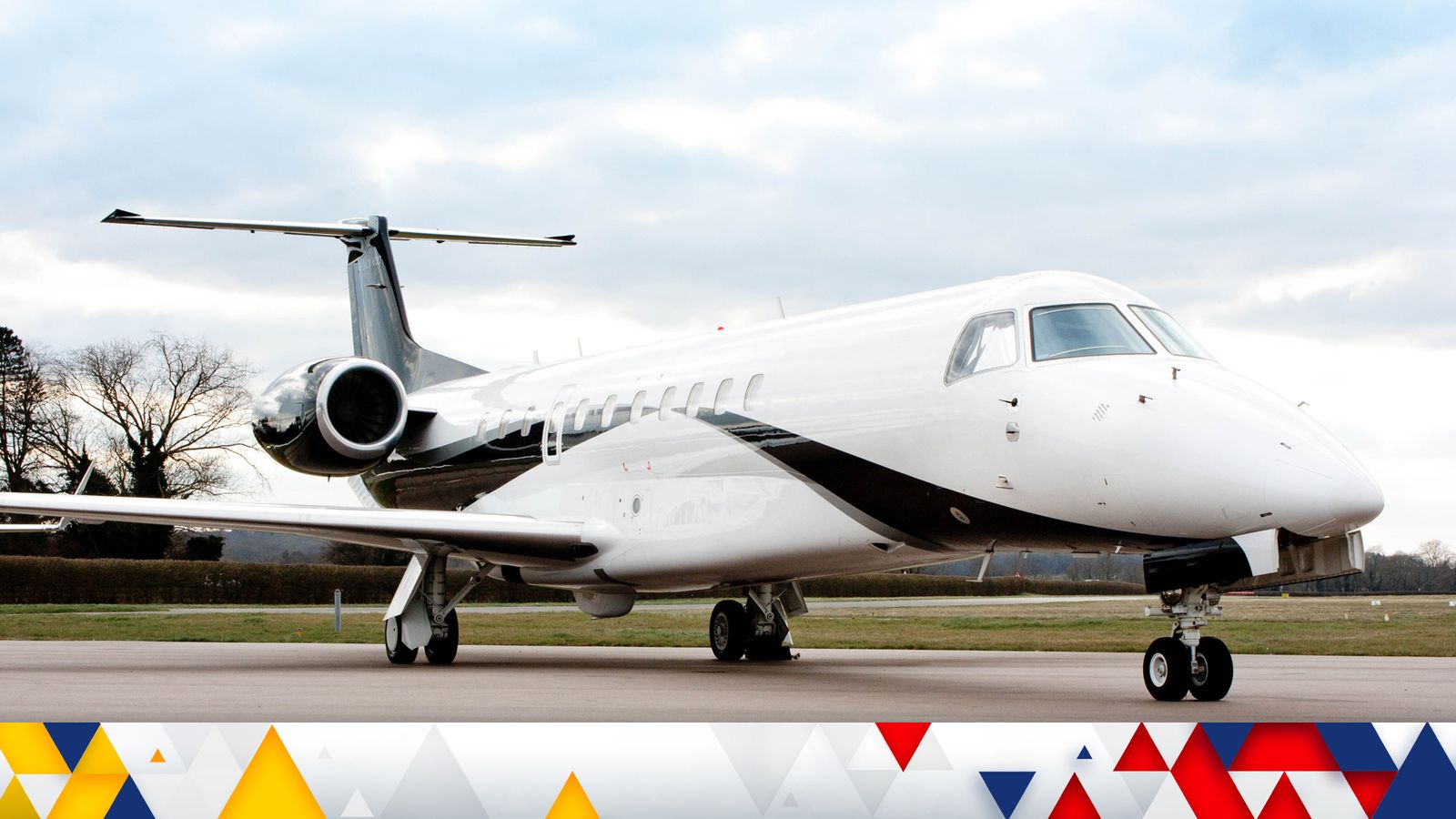A US aircraft carrier is to be redeployed to South Korea’s east coast, following Tuesday’s ballistic missile test by Pyongyang.
Although the Pentagon has refused to confirm which ship is being sent, the Nimitz-class nuclear-powered supercarrier USS Ronald Reagan is in the area and as recently as last week was taking part in military drills with the South Korean navy.
The flagship of Carrier Strike Group Five, the Ronald Reagan has a compliment of 90 fixed wing aircraft and helicopters.
South Korea and the US have also been conducting firing and bombing drills in the Yellow Sea, including volleys of missiles.
Officials confirmed that a South Korean Hyunmoo-2 missile failed shortly after launch and crashed during the drill, but that no one was hurt.
South Korea’s military said that the missile carried a warhead but that it did not explode, and apologised for causing residents to worry.
Tuesday’s test by North Korea fired an intermediate-range ballistic missile (IRBM) farther than ever before, sending it soaring over Japan for the first time in five years and prompting a warning for residents there to take cover.
Japan issues warning to residents after North Korea fires missile over country for first time in five years
North Korea fires fourth missile in a week as South Korea stages military show
North Korea tests missile day before US vice president visits South
Analysts and security officials said it may have been a variant of the Hwasong-12 IRBM, which North Korea unveiled in 2017 as part of what it said was a plan to strike US military bases in Guam.
Read more:
North Korea passes law to allow pre-emptive nuclear strikes
US President Joe Biden and Japanese Prime Minister Fumio Kishida condemned North Korea’s test in the “strongest terms,” the European Union called it a “reckless and deliberately provocative action”, and UN Secretary-General Antonio Guterres condemned the launch and said it was a violation of Security Council resolutions.
The UN Security Council will meet on later today to discuss North Korea at the request of the United States, despite China and Russia telling council counterparts they were opposed to an open meeting of 15-member body.
They argued that the council’s reaction should be conducive to easing the situation on the Korean Peninsula, diplomats said.





